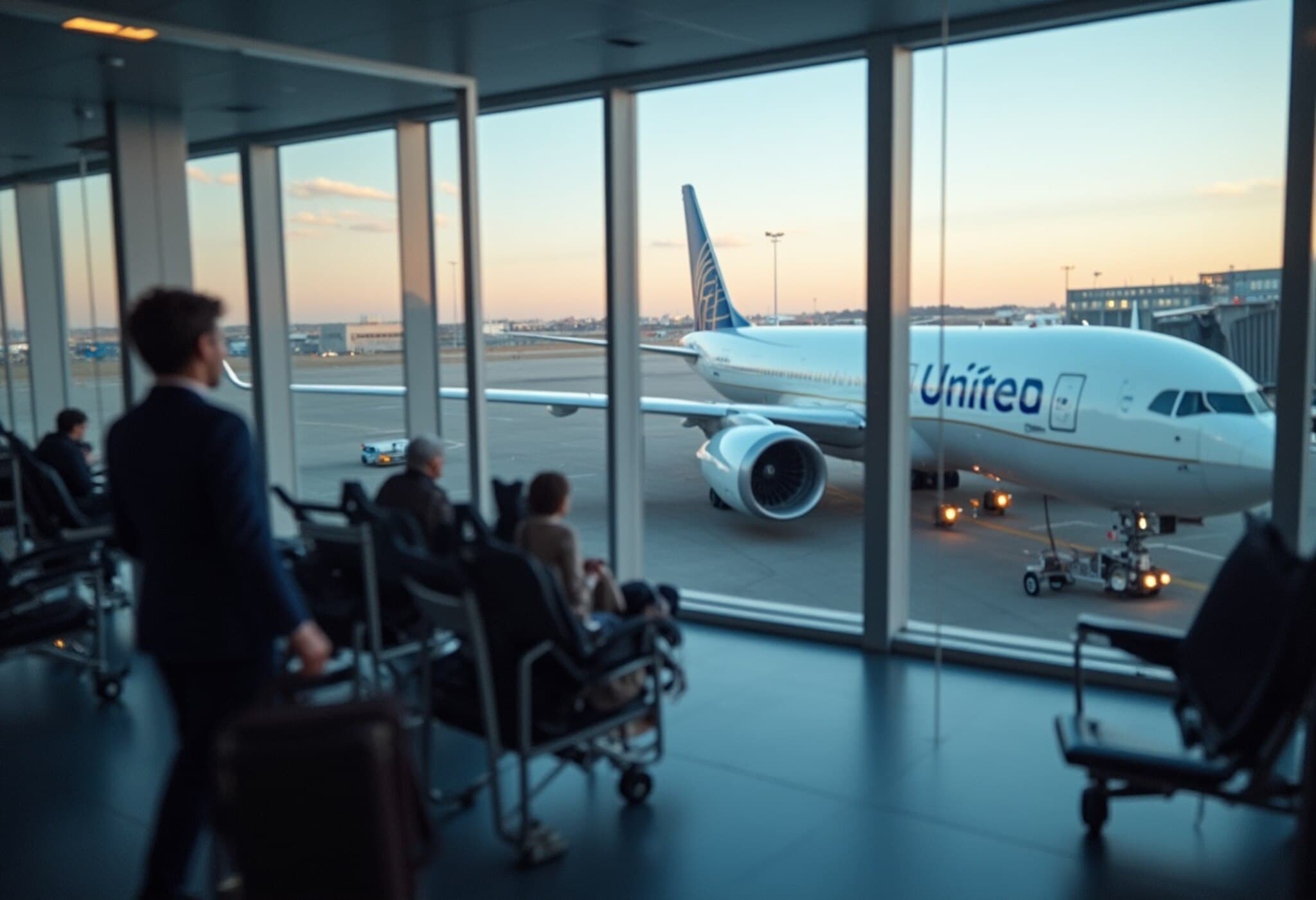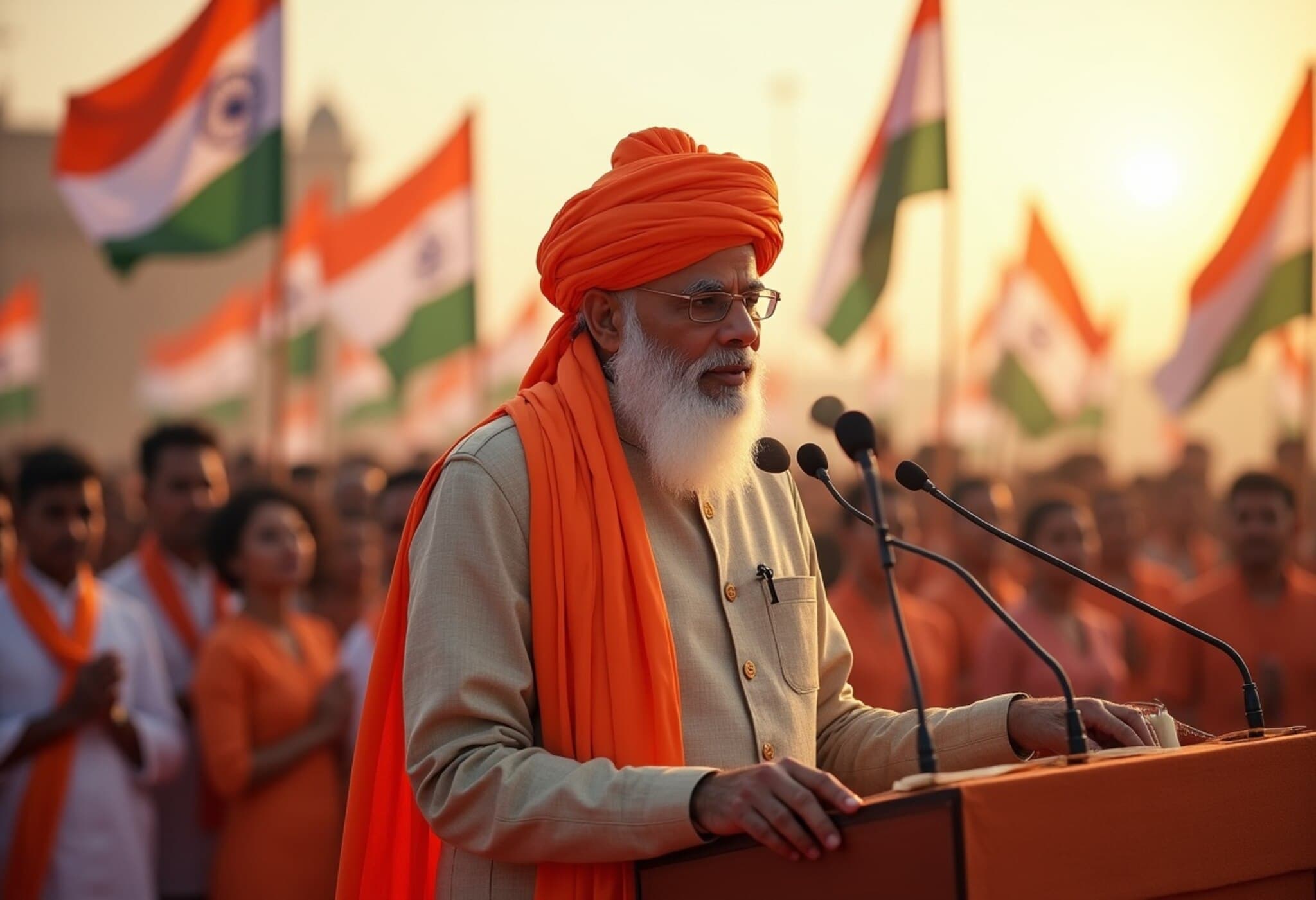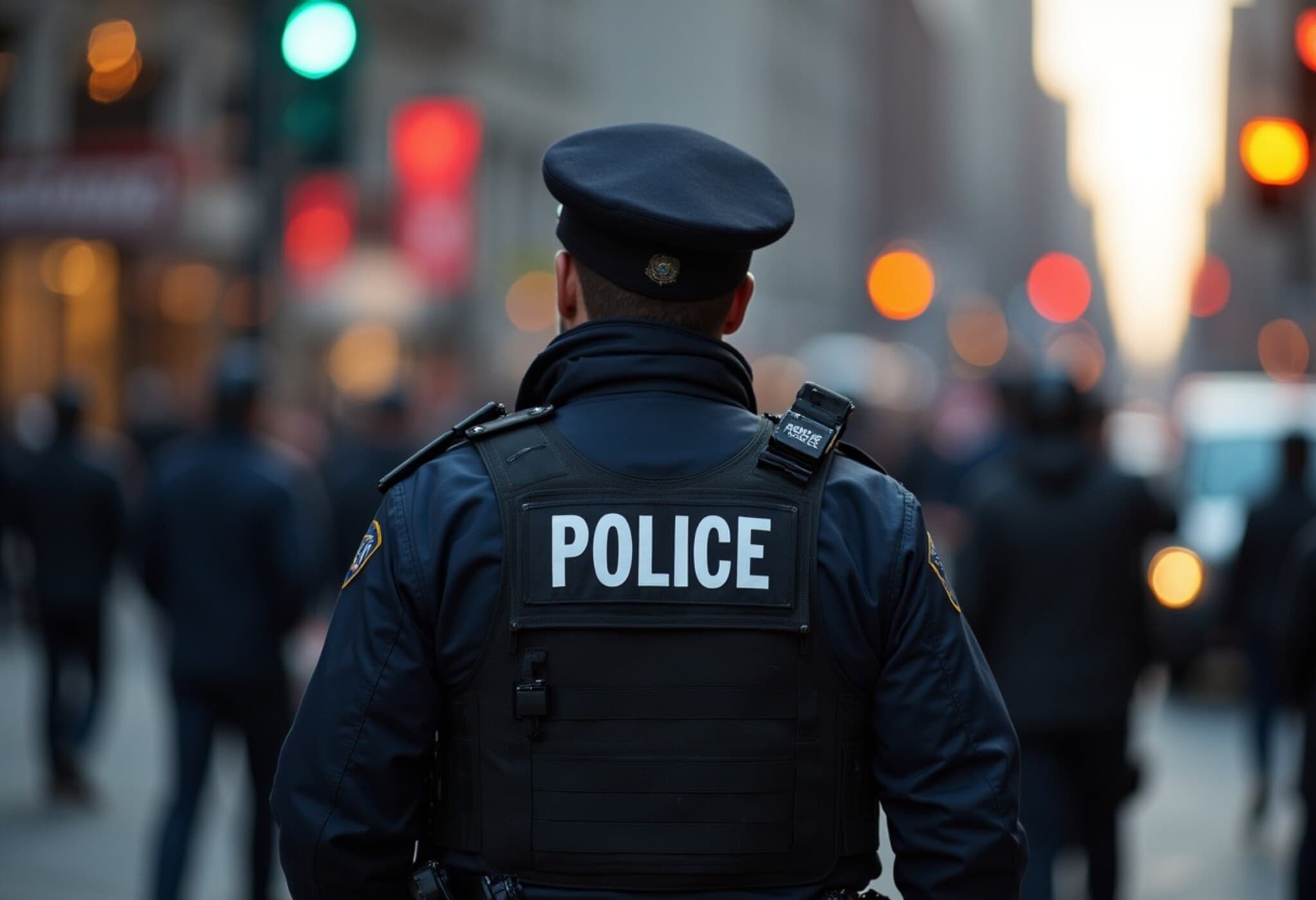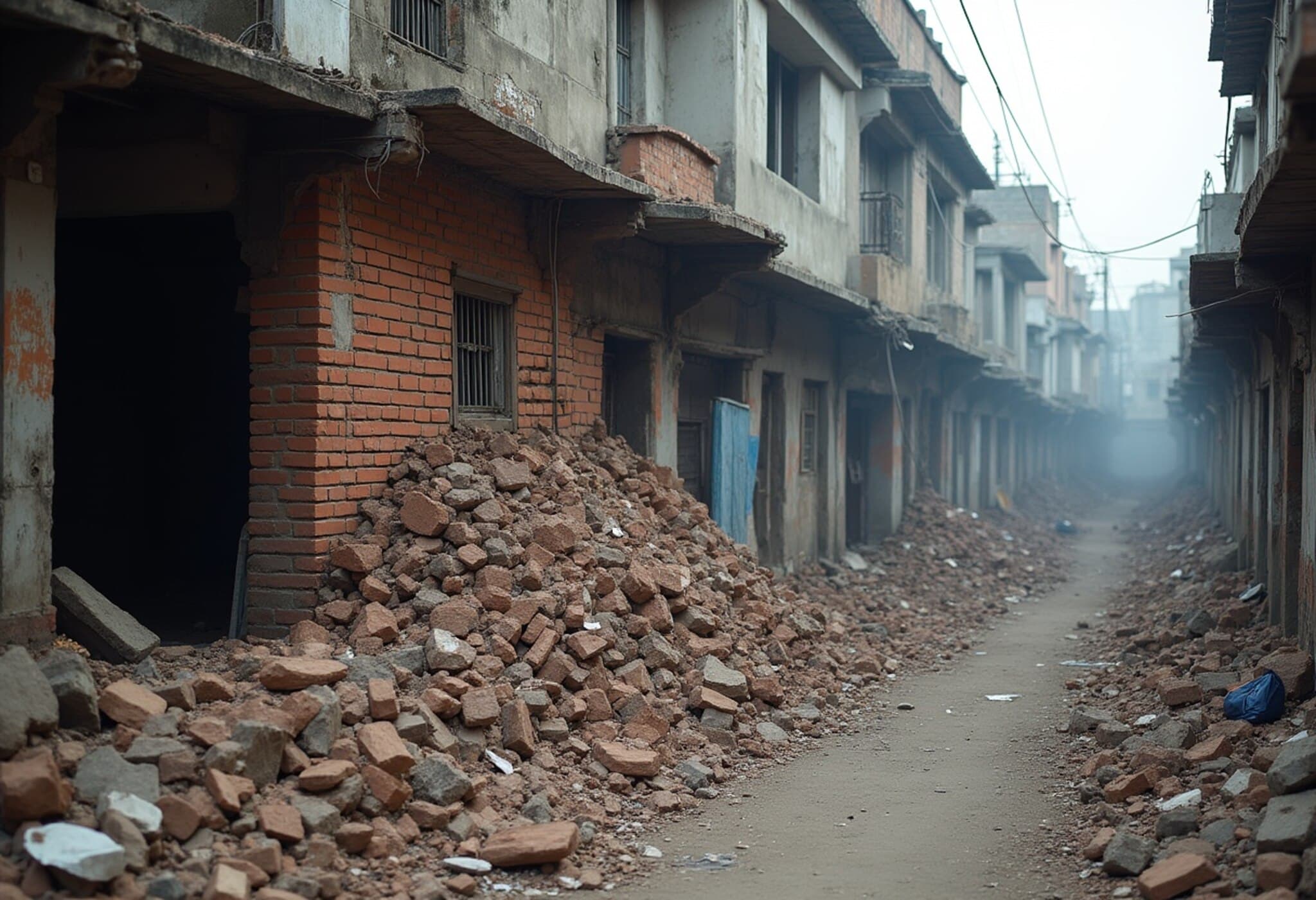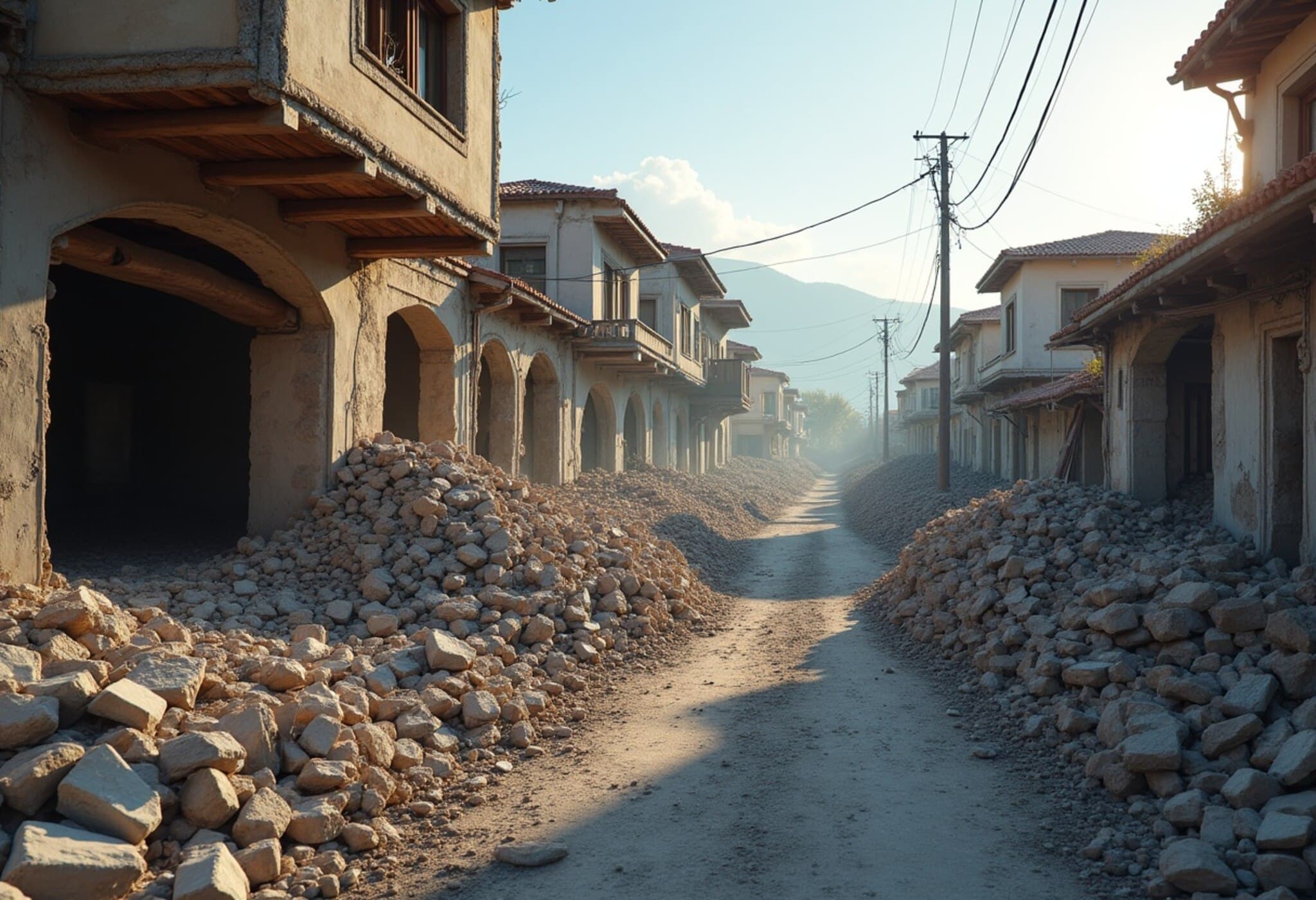Air India Flight Carrying Kerala MPs Diverted to Chennai Amid Technical Fault
On Sunday, an Air India flight (AI 2455) traveling from Thiruvananthapuram to Delhi was urgently diverted to Chennai after a suspected technical fault sparked a tense and unsettling experience for passengers, including several Members of Parliament from Kerala. Congress secretary KC Venugopal, who was aboard the flight, described the ordeal as a “harrowing journey” that “came frighteningly close to tragedy.”
A Close Call in the Skies: MP Venugopal’s Account
Sharing his experience on social media platform X (formerly Twitter), Venugopal detailed the series of events that unfolded shortly after takeoff. The flight faced unprecedented turbulence early on, only adding to passengers’ anxiety. An hour into the journey, a signal fault forced the plane to divert to Chennai.
Venugopal recalled the nerve-wracking moments as the plane circled above Chennai airport waiting for clearance to land. What followed nearly escalated into disaster during the first landing attempt. An alleged presence of another aircraft on the runway prompted the pilot to execute a sudden go-around maneuver.
"In that split second, the Captain’s quick decision to pull up saved every life on board," Venugopal noted, emphasizing that the safe landing on the second attempt was “thanks to skill and luck.” However, he cautioned that passenger safety must never rely on luck alone.
Official Responses: Air India Clarifies the Incident
In response, Air India issued a statement clarifying that the diversion was a precautionary measure triggered by a suspected technical fault compounded by adverse weather conditions. Importantly, the airline contested the claim of another aircraft being on the runway during the first landing attempt. Instead, Air India attributed the go-around directive to Chennai’s air traffic control (ATC) as part of standard operational protocols.
"Our pilots adhered strictly to standard safety procedures throughout the flight," the airline affirmed, also expressing regret for any inconvenience caused. The statement reasserted Air India’s commitment to safety and pilot training, underscoring that this event was managed with utmost professionalism.
Flight Timeline and Context
- Takeoff from Thiruvananthapuram at 8:17 PM
- Landing in Chennai at 10:35 PM after the diversion
- Departed Chennai at 1:40 AM
- Arrived in Delhi at 3:58 AM
This incident adds to the series of challenges Air India has faced recently. The airline remains under close scrutiny following the tragic crash on June 12 that claimed 260 lives, as well as numerous reports from passengers about onboard hygiene concerns, including the presence of insects despite regular fumigation measures.
Why This Matters: Expert Insights on Aviation Safety and Accountability
India’s civil aviation sector is currently navigating a critical phase where public confidence and systemic robustness are paramount. Incidents like this raise urgent questions about maintenance protocols, pilot training, and real-time decision-making. Safety experts highlight that pilot competence and responsive air traffic control are vital, but systemic redundancies and proactive safety audits are equally important to prevent near-misses.
Moreover, with MPs on board, the incident has drawn political attention, amplifying pressures on the Directorate General of Civil Aviation (DGCA) and the Ministry of Civil Aviation to ensure transparent investigations and reforms.
Calls for Transparent Investigation and Reform
KC Venugopal has publicly tagged civil aviation authorities, demanding a thorough probe and accountability. His remarks underscore a broader public sentiment: passenger welfare must not be compromised under any circumstance, and air travel safety culture in India needs continuous strengthening.
Editor’s Note
The recent Air India flight diversion involving Kerala MPs highlights the delicate balance between skill and systemic robustness in aviation safety. While pilot expertise averted tragedy, the incident spotlights the urgent need for enhanced oversight, rigorous maintenance, and transparent accountability mechanisms in India’s aviation industry. As air travel resumes its pre-pandemic growth, ensuring passenger safety beyond luck is not just desirable—it is imperative.
Readers are encouraged to reflect on the complexities behind aviation safety and consider what measures could be implemented to ensure such incidents become relics of the past.




